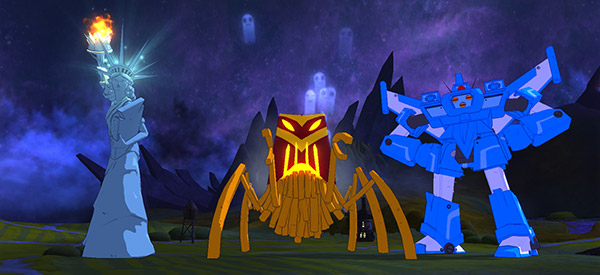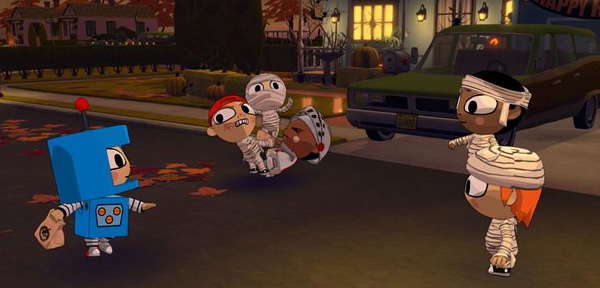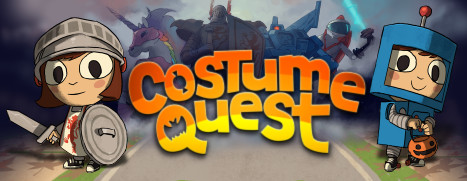Steamをインストール
ログイン
|
言語
简体中文(簡体字中国語)
繁體中文(繁体字中国語)
한국어 (韓国語)
ไทย (タイ語)
български (ブルガリア語)
Čeština(チェコ語)
Dansk (デンマーク語)
Deutsch (ドイツ語)
English (英語)
Español - España (スペイン語 - スペイン)
Español - Latinoamérica (スペイン語 - ラテンアメリカ)
Ελληνικά (ギリシャ語)
Français (フランス語)
Italiano (イタリア語)
Bahasa Indonesia(インドネシア語)
Magyar(ハンガリー語)
Nederlands (オランダ語)
Norsk (ノルウェー語)
Polski (ポーランド語)
Português(ポルトガル語-ポルトガル)
Português - Brasil (ポルトガル語 - ブラジル)
Română(ルーマニア語)
Русский (ロシア語)
Suomi (フィンランド語)
Svenska (スウェーデン語)
Türkçe (トルコ語)
Tiếng Việt (ベトナム語)
Українська (ウクライナ語)
翻訳の問題を報告



 This year has been unusually rich in the kind of game that I most enjoy: those that are open-ended, or provide a sandbox world for me to mess about in. We usually get a couple of these every year, but in 2011 we seem to have run into a minor bounty of the open stuff, which is good news for explorers and meanderers alike. I’ve gone into a bit more detail about why this pleases me below. >
This year has been unusually rich in the kind of game that I most enjoy: those that are open-ended, or provide a sandbox world for me to mess about in. We usually get a couple of these every year, but in 2011 we seem to have run into a minor bounty of the open stuff, which is good news for explorers and meanderers alike. I’ve gone into a bit more detail about why this pleases me below. >






























 Years passed and Machado was diagnosed with a debilitating brain disease called hydrocephalus, where fluid builds up in the skull and causes excruciating headaches among other symptoms. Machado endured two unsuccessful surgeries in five months to try and treat the condition, with another on the way. Despite being out of contact with him for years, the folks at Double Fine sent along a hand-drawn card filled with well wishes for Machado. (There was a bunch of Double Fine swag along with it but the card's really a one-of-a-kind thing.)
Years passed and Machado was diagnosed with a debilitating brain disease called hydrocephalus, where fluid builds up in the skull and causes excruciating headaches among other symptoms. Machado endured two unsuccessful surgeries in five months to try and treat the condition, with another on the way. Despite being out of contact with him for years, the folks at Double Fine sent along a hand-drawn card filled with well wishes for Machado. (There was a bunch of Double Fine swag along with it but the card's really a one-of-a-kind thing.)


 Steam
Steam @steam
@steam